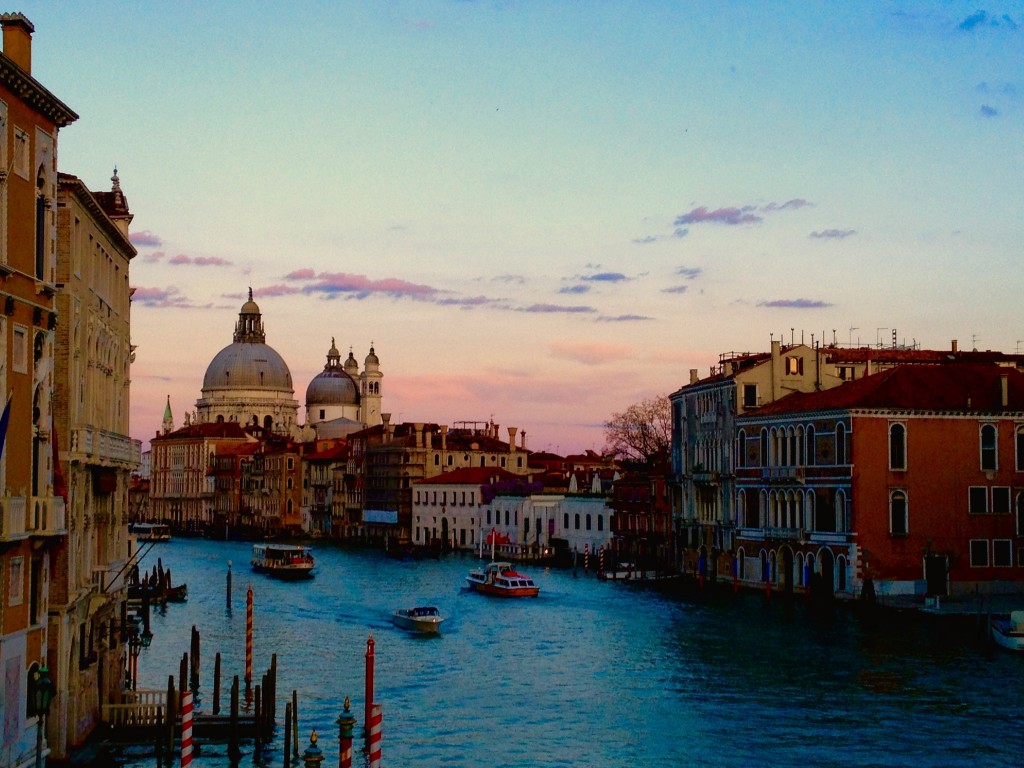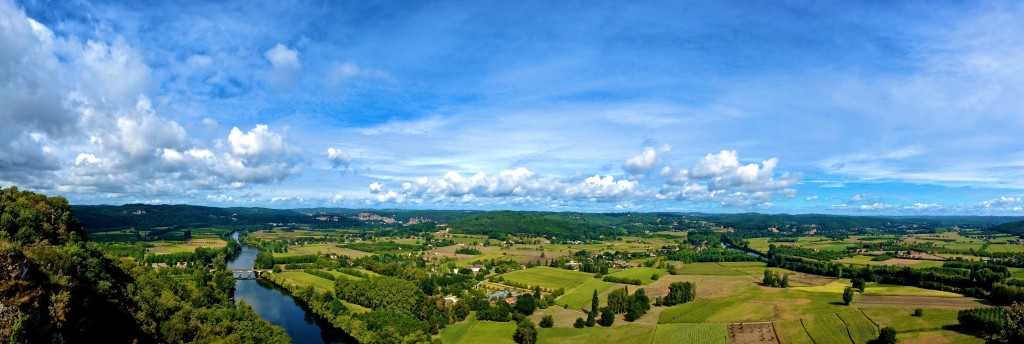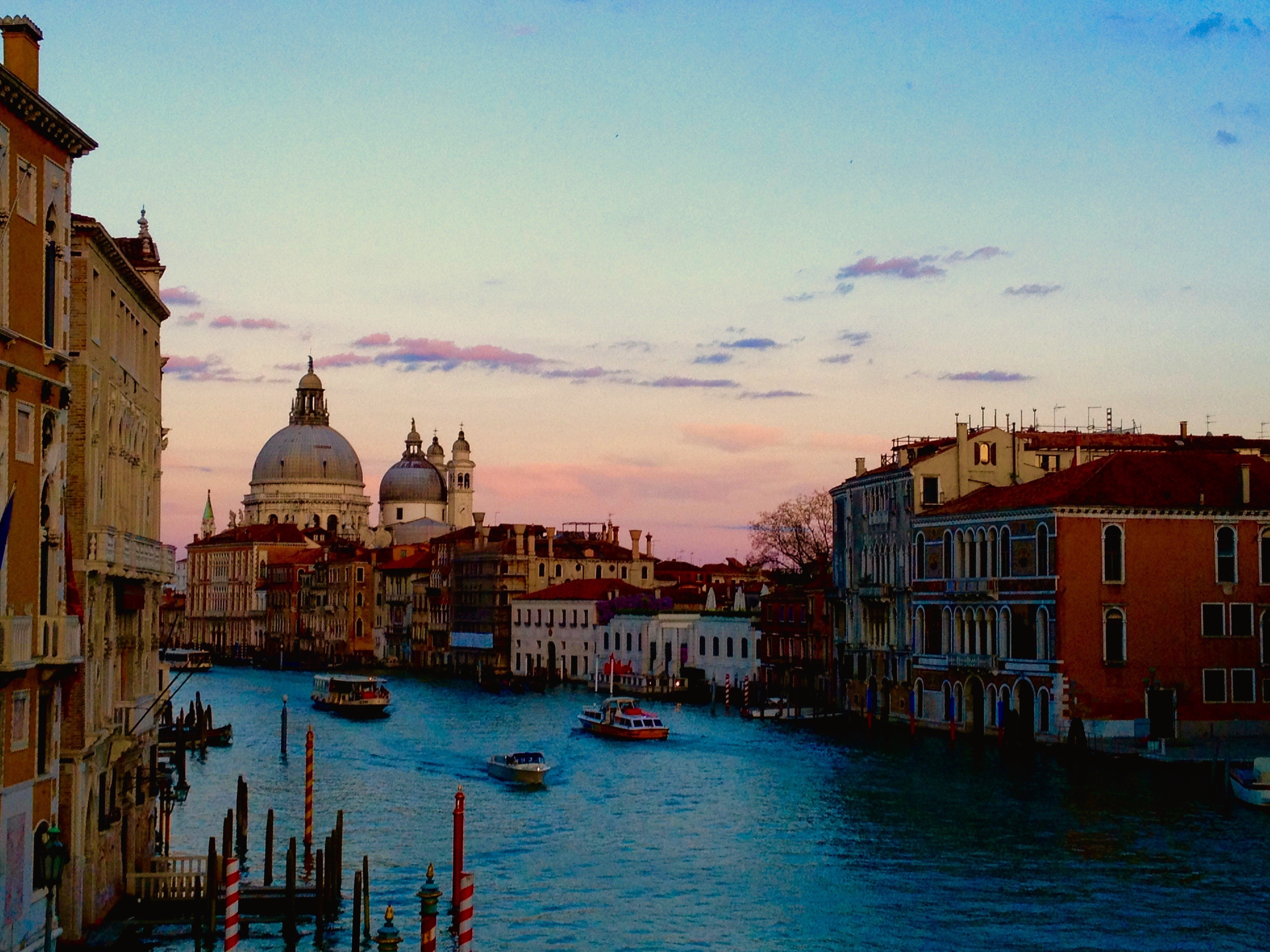Ellen Brennan’s blog was a runner up in the 2015 Trinity College Dublin and developmenteducation.ie Development Issues blog series.
…………………………………………………………………………………………………………………….
When I was 5 years old I made my first trip abroad to Nogales, Mexico, only one hour from my home in the US. Up until that point I had grown up in a sheltered and affluent suburb of Tucson, Arizona. I always had enough to eat, I lived in a nice home, and I went to a good school. These were all things I took for granted as a child, things I assumed all children around the world had access to.
While I don’t remember much from that age, I remember vividly the shock I felt when I first crossed that border and saw children my age selling packets of gum on the street to help feed their families. It didn’t make sense to me that people who came from a place that was, at least geographically and culturally, very similar to my own home lived such a drastically different life.
Daron Acemoglu and James Robinson shed some light on this ‘tale of two cities’ so to speak in their book Why Nations Fail. They conclude that the extractive institutions set up by Spanish colonial powers in Mexico’s early years are to blame for the drastically different levels of development north and south of the border.
Development has been an uphill climb in many, if not all, of Spain’s former colonies because of the legacy of corruption, exploitation of people and resources, and nepotism the Spanish conquistadors left in their wake. Democracy has only been a reality in Nogales since 2000 and while this is a major step forward for development, many of the old issues still persist.
However, it’s wrong to blame these issues on the Mexican people; they are a victim of history and circumstance. Understanding the depth and origin of the problem is the first step to finding a solution so that someday Tucson and Nogales won’t be so different.
Fifteen years after my first trip to Mexico I find myself living and traveling around the most developed part of the world, Western Europe. People in Europe live extremely well. It’s easy to see that walking around the immaculately clean streets of Vienna, shopping in the design shops of Copenhagen, driving through the chateaus in the south of France, having a drink on the side of the river in Prague or eating pretty much anything in Italy.

Europeans are lucky enough to enjoy this lifestyle because education is available to everyone. Anyone can start their own business. It is easy and beneficial to invest. You can complain about the government, the police genuinely protect us, war is a thing of the past and jobs are based on merit and skill. Most Europeans, and really anyone in a so-called ‘developed’ nation, are proud of their culture, freedoms, and ‘advanced’ way of life. That makes it easy to visit a poorer place like Nogales, rural Turkey or Vietnam, and feel not only lucky to live in a ‘developed’ nation, but also judgmental, like somehow ‘we’ are doing things better than ‘them’.
However, the reality is actually the opposite. As Hans Rosling explains in his Ted Talk ‘New Insights on Poverty’ the nations many view as underdeveloped are not only catching up, but also developing at a rate faster than the currently rich and advanced European nations could have ever dreamed of. Rosling shows that nations in Africa have gone from 5th century Europe to 20th century Europe in barely 50 years. That incredible change makes it clear that it’s actually these nations that are doing things not just right, but better than we ever did. While today the differences are still stark, the potential is enormous.

When we travel we see very little of a place. It’s like watching only one second of a movie and assuming you’ve seen the whole story.
The reality is that without genuinely learning about a nation’s past it’s impossible to understand its present and future.
Mexico’s past was shaped by Spanish colonialism. That legacy lives on today not only in language and culture, but in the institutions. When you’re pulled over in Mexico by the police for no reason and asked for a bribe this is not because Mexicans are inherently more corrupt than everyone one else; it’s because that’s how the nation has functioned since the beginning and changing that will take time and collective action.
Likewise, farmers across Africa don’t use old-fashioned farming equipment and techniques because they don’t know about the new advancements. They do it because there’s no incentive for them to produce more food because ever since colonial days the government extracts everything they produce, no matter what.
Understanding the backstories of a place allows us to look forward and realise not only how to help make a positive change worldwide, but also how far they’ve really come.
The ‘developing’ nations of the world deserve more credit. They’ve achieved the unimaginable and, as history has shown, their future is bright.
…………………………………………………………………………………………………..
The Trinity College Dublin development issues series is run in partnership with undergraduate students on the Democracy and Development course in the Department of Political Science and developmenteducation.ie


